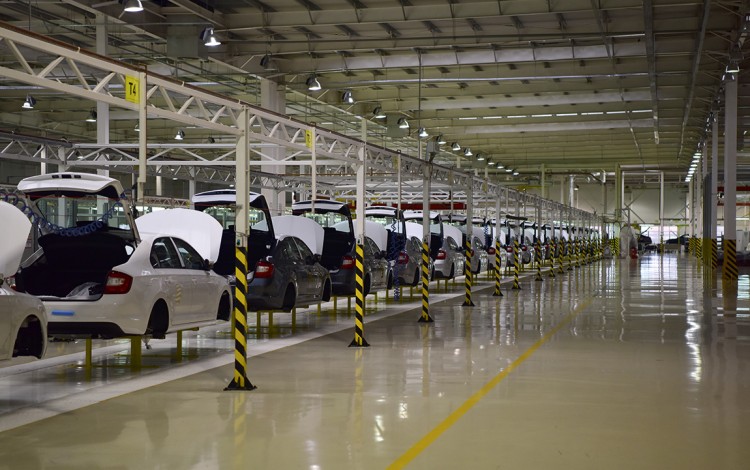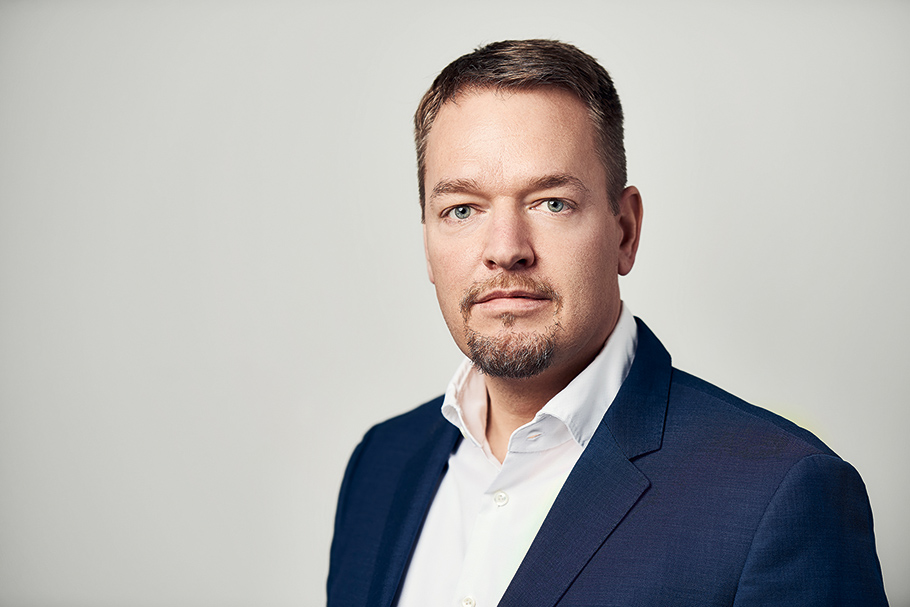Featured Galleries CLICK HERE to View the Video Presentation of the Opening of the "Holodomor Through the Eyes of Ukrainian Artists" Exhibition in Wash, D.C. Nov-Dec 2021
 USUBC COLLECTION OF OVER 160 UKRAINE HISTORIC NEWS PHOTOGRAPHS 1918-1997
USUBC COLLECTION OF OVER 160 UKRAINE HISTORIC NEWS PHOTOGRAPHS 1918-1997
 "HOLODOMOR 1932-33: THROUGH THE EYES OF UKRAINIAN ARTISTS" - COLLECTION OF POSTERS AND PAINTINGS
"HOLODOMOR 1932-33: THROUGH THE EYES OF UKRAINIAN ARTISTS" - COLLECTION OF POSTERS AND PAINTINGS
 USUBC COLLECTION OF HISTORIC PHOTOGRAPHS ABOUT LIFE AND CAREER OF IGOR SIKORSKY PHOTOGRAPHS - INVENTOR OF THE HELICOPTER
USUBC COLLECTION OF HISTORIC PHOTOGRAPHS ABOUT LIFE AND CAREER OF IGOR SIKORSKY PHOTOGRAPHS - INVENTOR OF THE HELICOPTER
 Ten USUBC Historic Full Page Ads in the Kyiv Post
Ten USUBC Historic Full Page Ads in the Kyiv Post

Germany in Ukraine
 Business Ukraine, Kyiv, Ukraine, Mar 29, Mon,
Business Ukraine, Kyiv, Ukraine, Mar 29, Mon,
Zeppelin Ukraine (GmbH) is a member of the USUBC.
From automotive hub initiatives and growing agricultural sector involvement to nearshoring opportunities: Germany is poised to consolidate its position as a key international investor in Ukraine
 Assembly line at the Eurocar plant in the village of Solomonova in western Ukraine's Zakarpattia Oblast
Assembly line at the Eurocar plant in the village of Solomonova in western Ukraine's Zakarpattia Oblast
Germany ranked among Ukraine’s top trade partners in 2020, maintaining a tradition of strong bilateral economic ties that stretches back to the early years of Ukrainian independence. Business Ukraine magazine spoke to the President of the German-Ukrainian Chamber of Commerce and Industry, Heiko Kreisel, about the prospects for German business in Ukraine.
The COVID crisis dominated the headlines in 2020 and created a range of unique economic challenges. What kind of year was it for German businesses in Ukraine?
The economic outcome in 2020 actually ended up being much better than we had expected during the first half of the year. Overall, the Ukrainian economy shrank by about 5%. That is the same level as the drop in Germany. However, if we speak about absolute numbers, the 5% contraction of German GDP, which reached about USD 4 trillion in 2019, is equal to USD 200 billion. So the total losses incurred in Germany last year were more than 30% higher than Ukraine’s annual GDP, which is currently around USD 150 billion. This gives you an idea of the relative amounts involved.
From my point of view, the Ukrainian government chose a very cautious and balanced approach to reducing mobility and restricting business activities during 2020. Maybe this was motivated by an understanding that you cannot expect to impose full lockdown conditions for an extended period if a major part of the population does not have any savings or sufficient money to survive without the ability to earn. Such an approach would be impractical in a country like Ukraine.
Our chamber is a part of a worldwide network of German chambers in 94 countries covering a total of 140 locations. Twice a year, we conduct a survey and ask German businesses in all these countries how they are doing. We call this survey the AHK Outlook. In the survey’s latest edition produced last autumn, German businesses in Ukraine were among those with the most optimistic outlook for the near future. This was not only in terms of Europe, but globally.
Ukraine has emerged in recent years as an increasingly popular location among German companies for the production of automotive components and electronics. Can you tell us a little about the development of this sector and explain the logic behind your current plans to establish an automotive cluster initiative together with German and Ukrainian companies?
This is a very interesting topic. Our initiative to establish an automotive cluster is really a question of catching up with something that first began to take root in Ukraine 15 to 20 years ago. At that time, German and other international automotive suppliers started coming to Ukraine and manufacturing components for the German automotive industry. Initially, this was limited to the assembly of cable networks. However, step by step, more value-added manufacturing has developed. This process is still continuing.
In parallel with the growth of the automotive sector, additional suppliers have arrived in Ukraine and have begun manufacturing components for household electronics. So far,German businesses have created approximately 40,000 to 45,000 workplaces in both sectors in Ukraine, with more in the pipeline. One German supplier is currently building a second plant in Ukraine, while another has already decided to search for a location for an additional Ukrainian plant.
In my opinion, the current cluster initiative should have been established 10 years ago. However, there was no neutral platform at that time capable of uniting the range of different players in the market, many of whom compete with each other in some sectors. In Western Europe, it is typical for central or regional governments to provide this kind of neutral platform. In the absence of any similar initiatives in Ukraine, the German-Ukrainian Chamber has proposed to support the establishment an automotive cluster.
This is a very important step forward, because we need more industrial success stories about Ukraine that provide fresh perspectives for the country’s future development. Businesses in this sector are now coming together and will be able to share this particular positive story about Ukraine. Our goal is to attract so-called original equipment manufacturers, or OEMs, to Ukraine. Once these OEMs start to consider Ukraine as a potential location for their production facilities, the dynamics of development in the sector will change dramatically.
Ukraine’s IT industry enjoyed another year of strong growth in 2020 and remains arguably the standout performer in the Ukrainian economy. How is cooperation between German companies and the Ukrainian IT industry currently developing?
The IT industry is one of the most successful business sectors in Ukraine. This also applies to exports. There are currently a lot of Ukrainian IT companies that provide solutions for German industry. You do not tend to hear a lot about this because as a rule, German companies do not like to speak about suppliers from different countries. On the contrary, they prefer to underline the German character of their products and brands. But if you drive a German premium class car today, it is likely that the wire network will not be the only element to come from Ukraine. There is a good change that the car’s software solutions may also be Ukrainian in origin. This includes everything from infotainment controls to the coordination of audio, navigation, and car information systems.
Nor is this trend limited to the automotive sector. Ukrainian IT solutions can be found in other spheres such as machine building. Even in the banking sector, Ukrainian IT companies are already developing successful cooperation with German companies.
What were the key landmarks in 2020 for German businesses in Ukraine?
As I have already mentioned, 2020 saw progress towards new German production plants in Ukraine. Another very important landmark during the past year was the signing of the German-Ukrainian Energy Partnership in summer, along with the first German-Ukrainian Energy Day in December 2020.
It is true that the energy sphere in Ukraine is currently full of challenges such as the issue of outstanding payments for renewable energy in line with prior government commitments. I hope that all of the previously agreed payments will soon be settled. This topic is having a very negative impact on international perceptions of Ukraine’s investment attractiveness. “Pacta sunt servanda” or “agreements must be kept” is a fundamental principle of law and business that must also apply in Ukraine.
Despite these concerns, I see numerous potential directions for German-Ukrainian economic cooperation in the energy sphere. This could include the development of hydrogen as an energy source. During last year’s German-Ukrainian Energy Day, experts discussed whether it would be possible in Ukraine to develop green hydrogen with more renewables. Furthermore, some experts commented that Ukraine is the only country on the border with the European Union that possesses the relevant storage and transportation facilities for this type of hydrogen. If this is true and the technical adaptations for a shift from natural gas to hydrogen could be implemented easily within the existing Ukrainian pipeline system, this could become a potential game changer for the future.
Ukraine is now the No. 4 food exporter to the European Union. What role does agriculture currently play in trade between Ukraine and Germany?
In 2019, agricultural products and food accounted for 15% of German imports from Ukraine, but this was surpassed by electronics, which reached 22% and became the largest category of imported goods. These electronics imports included components produced in Ukraine for the German automotive and household electronics industries. In other words, agriculture and food still represent an important part of German-Ukrainian trade, but the segment no longer qualifies as the largest Ukrainian export category to Germany.
Ukrainian companies sell a wide range of agricultural commodities to Germany with an emphasis on unprocessed and non-branded products. Making the leap to effective and successful branding is one of the biggest challenges facing Ukrainian manufacturers today. I believe this is just a matter of time. In future, we will see more and more Ukrainian goods appearing on German supermarket shelves.
When we speak about German-Ukrainian trade in the agricultural sector, we should also mention world-renowned German brands such as Fendt (AGCO), Claas, Horsch, Bayer, and BASF that deliver machinery, implements, spare parts, seeds, and crop protection solutions to their Ukrainian clients. These German brands are making a significant contribution towards better and larger Ukrainian harvests.
How are perceptions of Ukraine evolving within the German business community?
To a degree, perceptions of Ukraine are a matter of branding and marketing. In that sense, today’s Ukraine needs to make progress both internally and externally. This means implementing genuine domestic reforms, especially with regard to the judiciary and rule of law. At the same time, Ukraine also needs a good international image campaign. This would not be cheap, but I think it would be money well spent if the campaign was implemented by a professional and globally recognized marketing company.
At the moment, the outside world simply does not know enough about Ukraine. Whenever they travel abroad, individual Ukrainians should regard themselves as unofficial ambassadors for Ukraine. And as with any good ambassador, they should try to focus on telling exclusively positive stories about their home country.
What could Ukraine be doing to make itself more attractive to German businesses and investors?
The absence of rule of law is the greatest single obstacle to more international investment into Ukraine. There have been no real reforms in this sphere for many years. This is not news to anyone living or working in Ukraine. On the contrary, it seems to me that everyone is aware of the problem. Lack of trust in the Ukrainian legal system extends far beyond the business community and is shared by the entire population of Ukraine. One of my fellow CEOs captured the essence of the issue when he stated that once rule of law is established in Ukraine, everything else will also fall into place, step by step. If I can go to court in Ukraine and feel confident my rights will be respected and upheld, then the rules of the game will change fundamentally.
Do you have any recommendations for German colleagues who may be considering Ukraine? Which sectors of the Ukrainian economy currently offer the most attractive opportunities for German businesses?
There are so many interesting opportunities that I cannot realistically list them all. For manufacturing companies in particular, Ukraine offers excellent “nearshoring” options. Relocating to Ukraine represents a huge opportunity for manufacturers delivering their products to EU markets. A Ukrainian location can provide significantly greater supply chain resilience in light of factors such as the unsolved trade conflict between US and China and current Covid-19 pandemic restrictions.
Ukraine’s creative industries are also booming and worthy of closer inspection. Together with the Ukrainian IT sector, they are currently growing at a rapid rate. One good example of this trend is the Ukrainian gaming sector, which already began attracting interest from international companies some years ago. The same is now happening with the fashion industry.
Another area where we are seeing rapid expansion is the production of videos for films, TV, adverts, and the music industry. A growing number of global brands and international heavyweights are learning that it is possible to produce world-class video footage in Ukraine for far more competitive prices than in other European locations. When this is paired with Ukraine’s highly skilled IT industry, it is easy to understand why Ukraine’s creative sector is starting to be seen as a potential alternative to the traditionally dominant West European and US markets.
 About the interviewee: Heiko Kreisel is President of the German-Ukrainian Chamber of Commerce and Industry
About the interviewee: Heiko Kreisel is President of the German-Ukrainian Chamber of Commerce and Industry

























